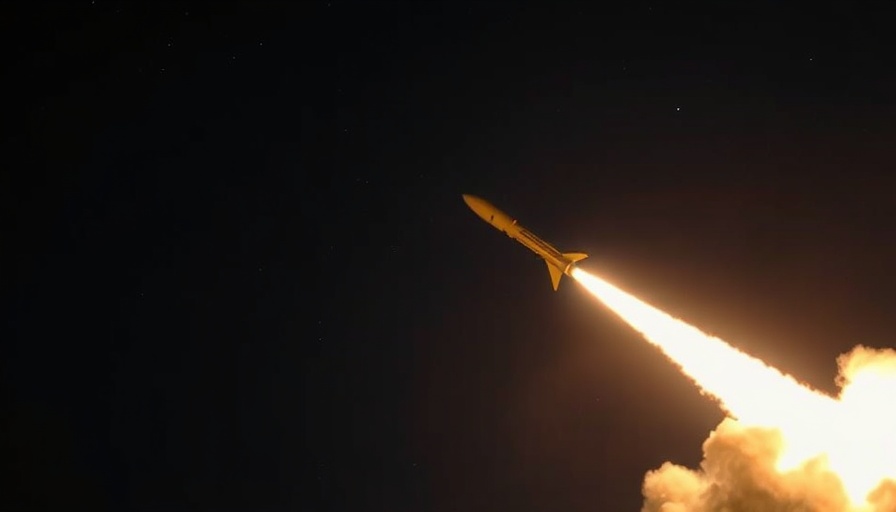
Escalating Tensions in the Middle East: A Fragile Standoff
The ongoing conflict between Iran and Israel has seen a new level of tension with Iran's foreign minister recently announcing that Iran will halt its retaliatory attacks if Israel refrains from conducting airstrikes by 4 a.m. local time. This ultimatum highlights the escalating hostilities in the region, which have drawn the attention of the international community and raised concerns about the prospect of a wider conflict.
The Context of the Current Conflict
The roots of this conflict stretch back decades, grounded in historical grievances and geopolitical rivalries. Israel's operations in Syria and its consistent airstrikes against targets it deems threats have prompted Iran to assert its influence and retaliate through various proxy forces in the region. As tensions remain high, this conflict embodies a larger struggle for dominance between Iran and Israel, with implications that stretch far beyond their borders.
How the International Community Reacts
Nuanced responses from nations across the globe demonstrate the complexity of these relations. While some countries align with Israel's right to defend itself against perceived threats, others urge for restraint, advocating for diplomatic solutions over military confrontations. The U.S. has often played a pivotal role in these discussions, balancing its strategic interests with the necessity for a peaceful resolution to avoid regional instability.
Strategic Implications for the U.S. and Allies
This standoff presents significant strategic implications for the U.S. and its allies in the region. Increased military activity may lead to a recalibration of defense strategies among U.S. allies in the Middle East, particularly among nations that share a border with Iran or have vested interests in maintaining regional security. Enhanced military readiness and an assessment of diplomatic channels will undoubtedly be at the forefront of U.S. foreign policy discussions.
The Role of Proxy Forces in Regional Warfare
Iran's utilization of proxy forces in its conflicts is a significant aspect of its military strategy, complicating direct confrontations. Groups like Hezbollah in Lebanon serve as crucial allies to Iran, enabling the regime to project power while maintaining plausible deniability. This arrangement allows Iran to extend its influence and create a network of alliances throughout the region, ultimately challenging the perceived supremacy of U.S. alliances.
Future Predictions and Opportunities for Peace
Looking ahead, the potential for peace depends significantly on diplomatic engagement and economic discussions, particularly regarding Iran's nuclear ambitions. The nuclear agreement negotiations have been fraught with complexity and distrust, yet they remain a fundamental piece in the puzzle of restoring stability between Iran and Israel. Disarmament discussions could pave the way toward de-escalation, fostering an environment where both sides recognize the mutual benefit of coexistence.
The Human Impact: Understanding the Stakes
The costs of sustained conflict are not merely tactical—they are deeply human. Civilians on both sides bear the brunt of violence, their lives and livelihoods disrupted by airstrikes and retaliatory attacks. As tensions rise, ordinary citizens often become collateral damage, underscoring the necessity of prioritizing humanitarian considerations in military discussions.
A Call for Responsible Journalism
This unfolding story invites a call for responsible journalism and an obligation to keep the public informed on these critical developments. By understanding the historical context and current dynamics at play, audiences can better engage in discussions about potential solutions to prevent further escalation.
 Add Element
Add Element  Add Row
Add Row 



Write A Comment